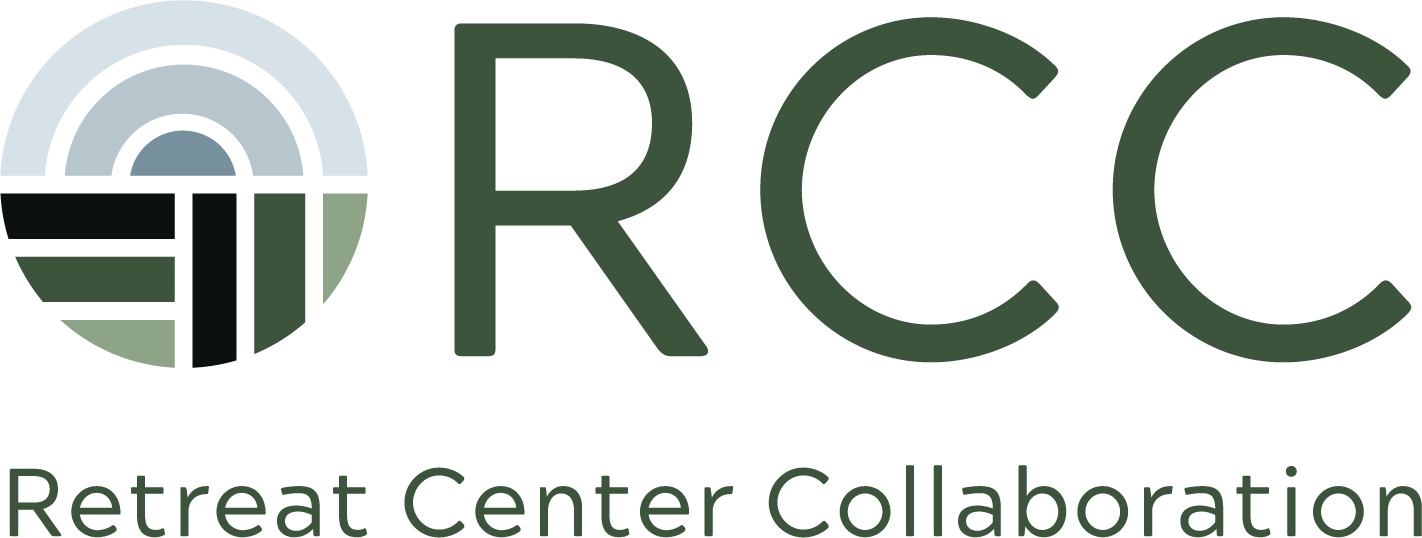Adopting Self-Organization: Notes from the Journey
by Marnie Jackson
The Whidbey Institute, founded in 1972 as the Chinook Learning Community and renamed in 1994, is no stranger to change. Neither is it a stranger to the exploration of self-organization and distributed leadership. Through the 1990s, the Whidbey Institute experimented with Open Space Technology through a program called Spirited Work. The program, hosted by Anne Stadler and others including Gabriel Shirley and Mark Jones, gave participants experience in heeding individual callings on behalf of collective purpose—experience that ties nicely to today’s operational life at the Whidbey Institute.
In the mid 2010s, staff and board members at the Whidbey Institute felt a growing imperative to adopt a leadership system that could align the organization's mission to nurture the conditions for transformation with internal ways of being, and which could at the same time better support the wellbeing of people in the system. Further inspiration came in 2014, in the form of Reinventing Organizations by Frederick Laloux. This book, which named the principles of self management, wholeness, and evolutionary principles, resonated deeply for Whidbey Institute team members. In self management, authority is distributed into the system and disconnected from the positions, titles, or personalities of a few individuals. In wholeness, people are invited to bring their full selves, with all their complexity and passion, into the workplace. In evolutionary purpose, a Teal organization finds clarity, agility, and direction through a "sense and respond" approach, always in pursuit of purpose and in contrast to the "predict and control" approach of traditional strategic planning.
In 2015, the staff and board of the Whidbey Institute reached a milestone when they adopted Holacracy and formally ceded power into its constitution. This was a key step in transitioning from a "power over" hierarchy of roles to a "power with" holarchy structured around purpose and modeled after the organizational principles of nature. Holacracy provided an “operating system” with clear rules and a framework within which the work of the organization could function. In 2018 and beyond, with coaching and thought partnership from Christiane Seuhs-Schoeller and Peter Kessels at Evolution at Work, the team deepened their practice of Holacracy and worked to address several unique challenges that a non-profit organization faces when embracing a self-organizing system. This learning led to the development of the “Symbiotic Enterprise” model.
The Whidbey Institute Integration Circle
Click to enlarge this diagram of the Whidbey Institute's current, ever-evolving organizational structure, as shown in Glassfrog, a tool to evolve structure in Holacratic organizations
Today, the Whidbey Institute board and staff members continue to co-evolve their organizational model. A free opportunity to hear more about this learning is being offered on April 27th, with a longer three-part session beginning in May.
While there's nothing easy about challenging culturally dominant paradigms and working together in radically different ways, the team at the Whidbey Institute has experienced self-organization through Symbiotic Enterprise as a profoundly important step into greater health. By closing the "integrity gap"—transforming within to better nurture the conditions for transformation without—team members are liberated to bring their best work forward; appreciated and empowered within the system; and better equipped to fulfill the organization's mission with a spirit of personally-aligned purpose and passion.
Upcoming Opportunity
Join self-organization expert, Christiane Seuhs-Schoeller, along with Heather Johnson and Marnie Jackson, Co-Executive Directors of the Whidbey Institute, for an Intro to Self-Organization for Nonprofits on Tuesday, April 27th, 9 – 10:30am Pacific Time. In this interactive session, they will provide a high level overview of the topics that will be covered in the upcoming three-part deep dive session, including:
Understanding Self-Organization
Self-Organization and Personal Development
Building a Self-Organized Non-Profit
Resources for Further Learning
Intro to Self-Organization for Nonprofits, April 27, 2021, hosted by New Stories, the Whidbey Institute, and Christiane Seuhs-Schoeller
Reinventing Organizations, by Frederick Laloux
Tuning in to the Evolutionary Dance of the Universe, by Christiane Seuhs-Schoeller
Where's the Psychological Safety for Speaking Truth to Power in Self-Organisation, by Nick Osborne

